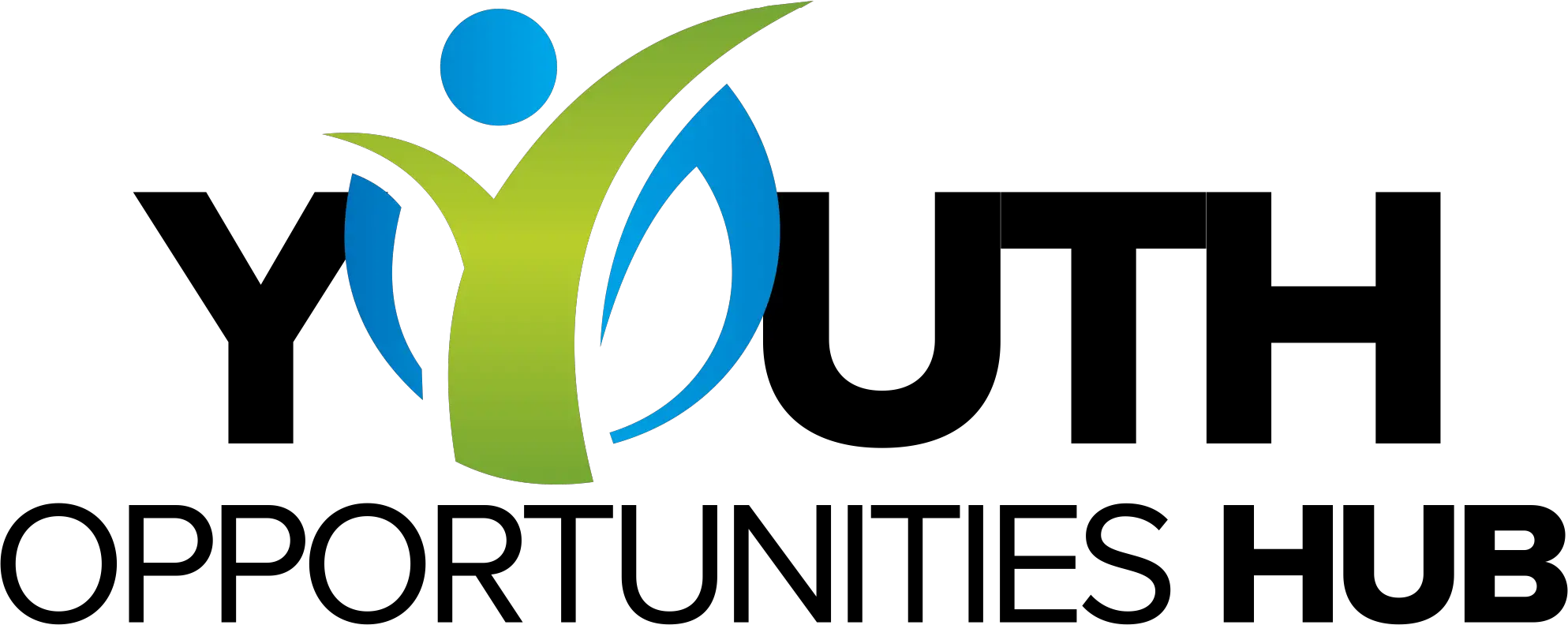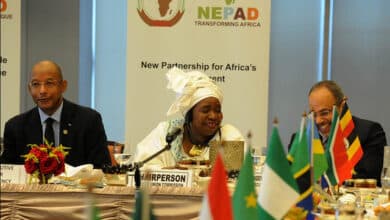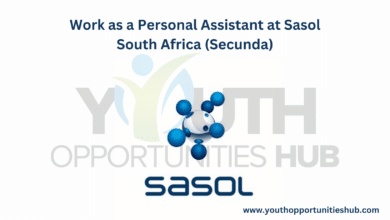CALLING ALL SCIENTISTS & ENGINEERS AT USAID…GREAT OPPORTUNITY!!!

Deadline: 16th of October 2020
Mission: On behalf of the American people, we promote and demonstrate democratic values abroad, and advance a free, peaceful, and prosperous world. In support of America’s foreign policy, the U.S. Agency for International Development leads the U.S. Government’s international development and disaster assistance through partnerships and investments that save lives, reduce poverty, strengthen democratic governance, and help people emerge from humanitarian crises and progress beyond assistance. More about USAID’s mission and values can be found here.
Background: President John. F. Kennedy created the United States Agency for International Development (USAID) by executive order in 1961 to lead the U.S. government’s international development and humanitarian efforts. Learn more about USAID’s history here.
USAID is the world’s premier international development agency and a catalytic actor driving development results. USAID’s work advances U.S. national security and economic prosperity, demonstrates American generosity, and promotes a path to recipient self-reliance and resilience.
Our objective is to support partners to become self-reliant and capable of leading their own development journeys. We make progress toward this by reducing the reach of conflict, preventing the spread of pandemic disease, and counteracting the drivers of violence, instability, transnational crime and other security threats. We promote American prosperity through investments that expand markets for U.S. exports; create a level playing field for U.S. businesses; and support more stable, resilient, and democratic societies. We stand with people when disaster strikes or crisis emerges as the world leader in humanitarian assistance.
U.S. foreign assistance has always had the twofold purpose of furthering America’s interests while improving lives in the developing world. USAID carries out U.S. foreign policy by promoting broad-scale human progress at the same time it expands stable, free societies, creates markets and trade partners for the United States, and fosters good will abroad.
USAID works in over 100 countries to:
- Promote Global Health
- Support Global Stability
- Provide Humanitarian Assistance
- Catalyze Innovation and Partnership
- Empower Women and Girls
Organizational Chart: The current organizational chart for USAID can be found here. A limited number of Fellows can be hosted by USAID each year, so opportunities for placement will not be available in all operating units. While USAID has many overseas offices, the Jefferson Science Fellowship is a Washington-DC based Fellowship, with possibility of domestic and international travel.
Working at USAID: USAID benefits from the innovative ideas, energy, and state-of-the-art technical knowledge Fellows bring. Fellows add to the diversity of the workforce by offering a broad set of expertise that complements USAID’s existing staff profile. Fellowship participants enhance their knowledge of government and global issues and obtain valuable professional experience that enriches their careers and the academic institutions to which they return.
Through a Fellowship at USAID, Fellows gain practical work experience in humanitarian assistance, economic and social development, and other technical sectors; the opportunity to engage directly in solving the most challenging and critical development issues of our time; and exposure to a broad network of development institutions and actors. While the specific projects vary by operating unit, staff at USAID work on activities such as project design; monitoring and evaluation; procurement (awarding grants and contracts); program management; technical oversight; building partnerships; planning, executing, and attending events; and reporting and communicating our work.
USAID Offices and Bureaus: The following bureaus and offices at the USAID are among those that have offered assignments in the past to Jefferson Science Fellows or who have expressed interest in hosting future Jefferson Science Fellows. Note that not all offices are always able to host a fellow every year and new offices participate in the program for the first time every cycle.
Bureau for Africa
– Office of Sustainable Development (AFR/SD), Health Team
Bureau for Asia
– Office of Technical Services (ASIA/TS), Environmental Security & Resilience Team
Bureau for Europe and Eurasia (E&E)
– Technical Support Office (EE/TSO), Energy and Infrastructure (EI) Team
Bureau for Food Security
– Office of Agricultural Research and Policy (BFS/ARP)
– Office Markets, Partnerships, and Innovation (BFS/MPI)
– Office of Country Strategy & Implementation (BFS/CSI), Technical Division
Bureau for Economic Growth, Education, and Environment
– Office of Water
Bureau for Global Health
– Office of Infectious Diseases (GH/ID)
– Maternal and Child Health and Nutrition (GH/MCHN)
Bureau for Humanitarian Assistance (BHA)
Bureau for Latin America and the Caribbean (LAC)
– Strategy and Program Office (LAC/SPO)
– Office of Regional Sustainable Development
Bureau for the Middle East
– Middle East Regional Cooperation Program (MERC)
– Office of Middle East Affairs (ME/MEA)
Bureau for Policy, Planning, and Learning
– Office of Policy (PPL/P)
Bureau for Resilience and Food Security
U.S. Global Development Lab
– Center for Digital Development, GeoCenter Plus, Futures Team
– Office of the Executive Director, Operational Innovations Team
– Center for Development Innovation, Scaling/Applied Innovation Team
– Center for Development Innovation, Development Innovation Ventures
– Center for Development Research
For more information: https://sites.nationalacademies.org/PGA/Jefferson/PGA_180293
IF YOU WANT MORE UPDATES, JOIN OUR MAILING LIST SIMPLY BY SENDING US AN EMAIL WITH A MESSAGE “ADD ME” ON THE FOLLOWING [email protected] OR YOU CAN SIMPLY DROP YOUR EMAIL IN THE COMMENT SECTION BELOW. THANK YOU!




